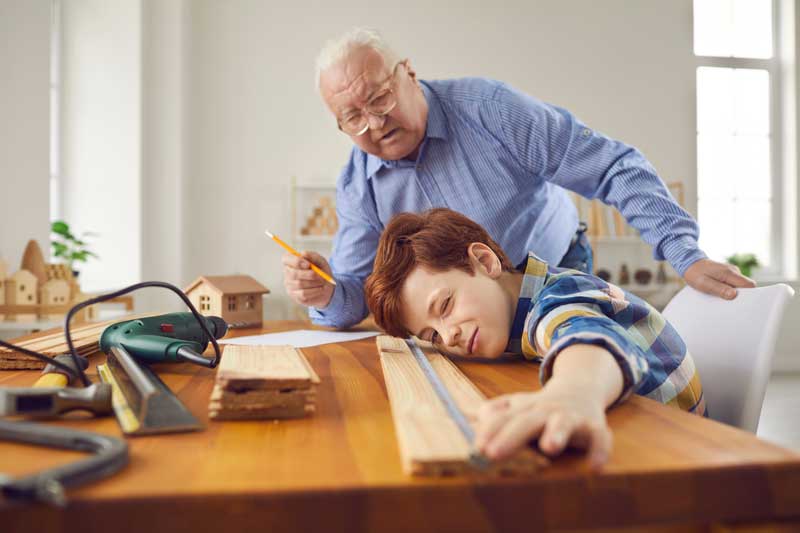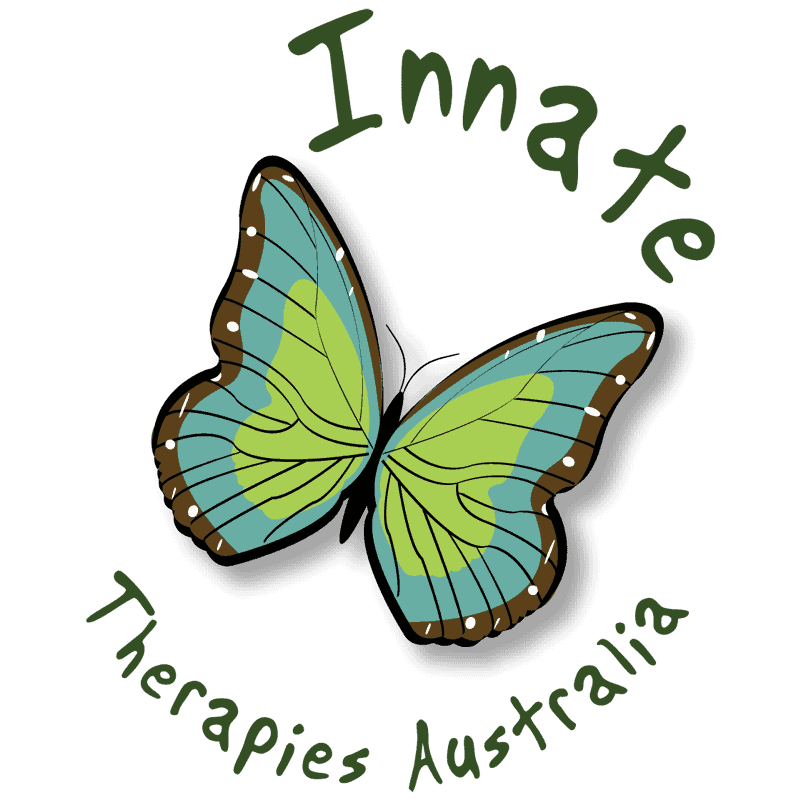In the intricate dance of parenthood, one of the most profound influences we wield is the power of modeling. As parents, we are not only providers and protectors but also the primary architects of our children’s moral compass. Actions shape our children’s values more than words, guiding them through life’s challenges.
In this exploration, we delve into the transformative influence of modeling and how, as parents, our deeds resonate far more deeply than our spoken lessons.
The Art of Silent Instruction
The Importance of Authenticity
In the realm of parenting, authenticity reigns supreme. Children, with their perceptive gaze, quickly discern the authenticity of our actions. Being a good role model is key. Speaking values is like planting seeds in infertile soil, but living those values through actions nourishes them to grow and thrive.
Consider the lesson of honesty. Teaching a child to be honest is important. It is stronger when children see their parent being honest and having integrity while facing the results of a mistake. In these moments of vulnerability, we unveil the true power of modeling.
Children as Reflectors of Our Behavior
Children are adept mirrors, reflecting the behaviors they observe in their parents. Our actions become their templates, shaping the way they engage with the world. If we demonstrate kindness, empathy, and respect, these qualities are likely to become intrinsic to their character.
On the other hand, individuals can absorb negative behaviors just as readily when they are modeled. The child who witnesses a parent resorting to aggression in times of stress may internalize this response as acceptable. Thus, the responsibility of modeling values takes on a profound significance in steering our children away from harmful patterns.
The Core Values: A Closer Look
- Empathy and Compassion
Modeling empathy goes beyond expressing sympathy for others; it involves actively demonstrating an understanding of others’ feelings. Showing empathy to others, whether they are friends or strangers, teaches children the importance of building meaningful connections.
- Integrity and Honesty
The adage “actions speak louder than words” finds resonance in the realm of integrity. Upholding one’s word, even in the face of adversity, becomes a powerful lesson. Honest parents teach their children the importance of integrity by being truthful in all their actions, big or small.
- Respect for Others
Modeling respect involves treating others with kindness, regardless of differences. Parents teach the value of diversity and a peaceful society by treating family, friends, and people with different opinions with respect.
- Responsibility and Accountability
From completing chores to taking responsibility for one’s mistakes, modeling accountability is a lesson in cultivating a sense of responsibility. Parents who demonstrate diligence and accountability in their own commitments provide a living example of the importance of reliability.
- Perseverance and Resilience
Life is full of challenges, and how parents handle them teaches their children how to be strong and bounce back. Showing persistence when faced with challenges teaches kids the importance of determination and the skill to recover from tough times. Children learn through art therapy and play therapy to cope with those challenges.
Practical Strategies for Effective Modeling
- Consistency is Key
Consistency in modeling behavior is paramount. Routine and predictability help children thrive, and consistent modeling reinforces the values we impart. On the other hand, inconsistencies can confuse and dilute the impact of the lessons being taught.
- Communication and Explanation
While actions speak volumes, coupling actions with clear communication enhances the learning experience. Take the time to explain the values behind your actions, helping children understand the reasoning behind certain behaviors. This dialogue helps individuals understand the values being modeled on a deeper level.

- Involve Children in Decision-Making
Incorporate children into decision-making processes when appropriate. This gives them a feeling of control and lets them see how decisions are made based on certain values. This is great for their self confidence and also the childs mental health.
- Acknowledge and Learn from Mistakes
Modeling perfection is an unrealistic standard and can have a negative impact on kids. Instead, acknowledge and learn from mistakes openly. Demonstrating resilience in the face of errors teaches children that setbacks are not failures but opportunities for growth. Our family counselling in Cairns can help families show vulnerabilities.
- Encourage Questions and Discussions
Encourage an environment where questions and discussions thrive. This helps kids think critically and ask questions about the values they see, so they understand them better. This can happy at Innate Therapies in Cairns with one of our friendly therapists.
The Ripple Effect: Beyond the Family Unit
Impact on Relationships
The values instilled through modeling extend beyond the family nucleus, influencing how children approach relationships outside the home. Friendships, romantic relationships, and professional interactions all bear the indelible mark of the values imbibed in childhood.
Contribution to Community and Society
A child raised in an environment where values are not only spoken but lived is likely to develop a sense of social responsibility. The ripple effect of such individuals contributing positively to their communities enhances the collective fabric of society.
Challenges and Nuances of Modeling
Addressing Imperfections
It’s imperative to acknowledge that parents are fallible. Addressing one’s imperfections with humility and a commitment to growth can be a powerful lesson in itself. The key lies in demonstrating the willingness to learn and evolve.
Navigating Cultural and Generational Differences
In a diverse world, parents must balance teaching their culture’s values while respecting younger generations’ changing perspectives. Open dialogue and mutual understanding become crucial in addressing these nuanced challenges.
Parenting involves more than just giving instructions. It is like an art that influences the values and behavior of future generations. The values we model today become the guiding light for our children, illuminating the path toward a future built on compassion, integrity, and resilience.
As parents, we have the power to shape our children’s behavior and who they are as individuals. Parent with purpose, knowing our actions shape our children’s character and leave a lasting impact on their lives. Modeling is a powerful tool for parenting and carries the responsibility to shape a kinder, better future.
We can offer you direction through our family counselling sessions at Innate Therapies. Allow us to assist you if you want to strengthen the bonds within your family and develop effective modelling strategies.

